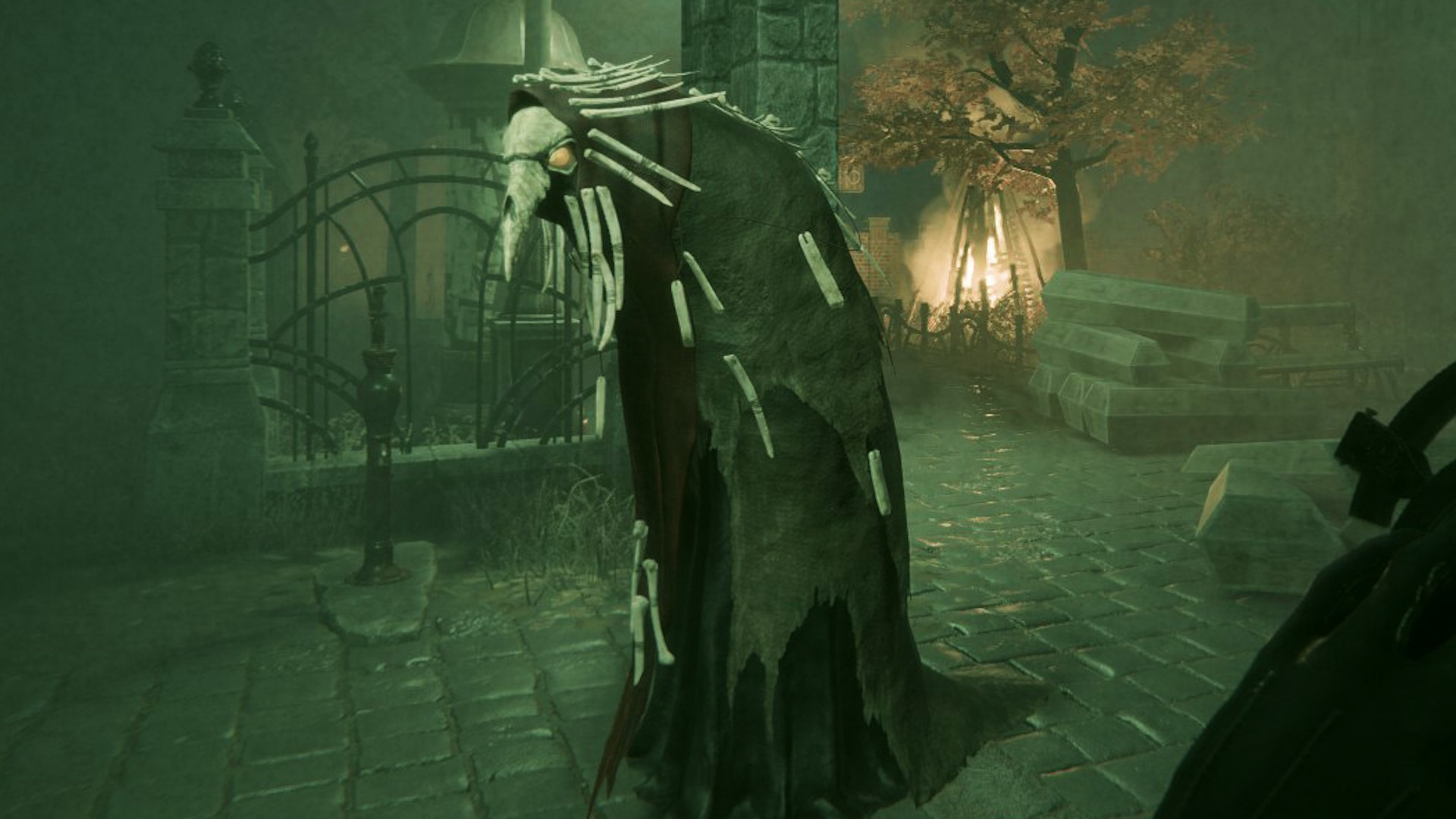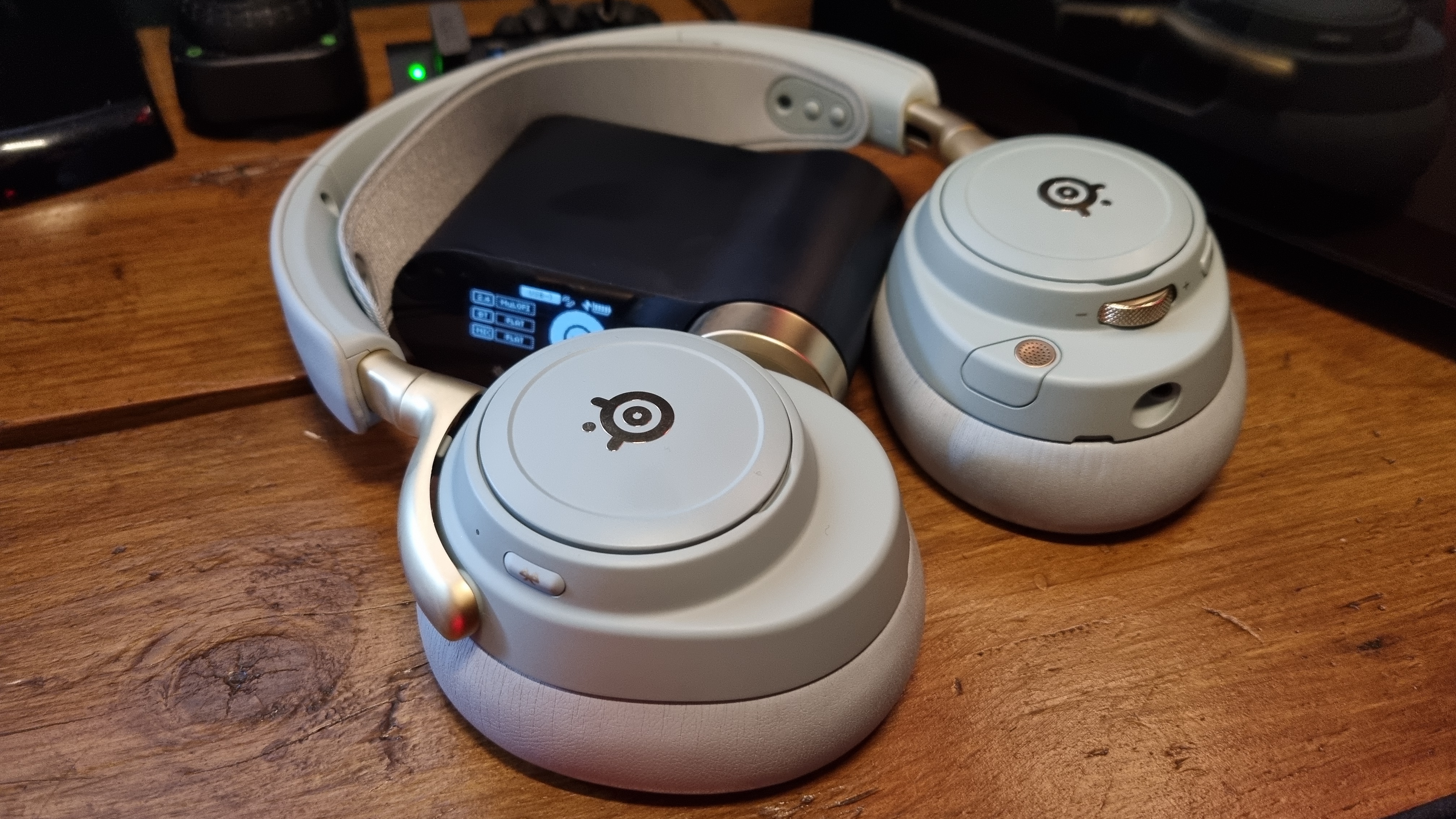
Keep up to date with the most important stories and the best deals, as picked by the PC Gamer team.
You are now subscribed
Your newsletter sign-up was successful
Want to add more newsletters?

Every Friday
GamesRadar+
Your weekly update on everything you could ever want to know about the games you already love, games we know you're going to love in the near future, and tales from the communities that surround them.

Every Thursday
GTA 6 O'clock
Our special GTA 6 newsletter, with breaking news, insider info, and rumor analysis from the award-winning GTA 6 O'clock experts.

Every Friday
Knowledge
From the creators of Edge: A weekly videogame industry newsletter with analysis from expert writers, guidance from professionals, and insight into what's on the horizon.

Every Thursday
The Setup
Hardware nerds unite, sign up to our free tech newsletter for a weekly digest of the hottest new tech, the latest gadgets on the test bench, and much more.

Every Wednesday
Switch 2 Spotlight
Sign up to our new Switch 2 newsletter, where we bring you the latest talking points on Nintendo's new console each week, bring you up to date on the news, and recommend what games to play.

Every Saturday
The Watchlist
Subscribe for a weekly digest of the movie and TV news that matters, direct to your inbox. From first-look trailers, interviews, reviews and explainers, we've got you covered.

Once a month
SFX
Get sneak previews, exclusive competitions and details of special events each month!
Sorry Pathologic 2 fans, but I am one of those people, the ones who say how much they like the look of Ice-Pick Lodge's pestilent immersive sim, but wish it was more willing to meet them halfway on the challenge front. It's not simply that Pathologic 2 is hard. I don't mind a game kicking my ass so long as it does it quickly. But the idea of playing a game for 40 hours only to spend that whole time slowly losing is just a bit too real for my liking.
But it seems Ice-Pick Lodge's upcoming entry, Pathologic 3, might be made with philistines like me in mind, as it basically flips the entire concept of the second game on its head. Instead of being about trying to find a cure for a plague and failing slowly. It begins from the point of failure, then lets you backtrack through time to try and fix it.
Ice-Pick Lodge detailed the third game's new structure and narrative systems—and why they've implemented them—in a Steam post. "People are sometimes so afraid of making mistakes that they reload saves, read walkthroughs, watch YouTube essays or quit entirely before reaching the end," the studio explains. "In Pathologic 3 we decided to flip that concept and look at mistakes from the other side. What if any mistake could be undone — like in the fantasies above?"
Pathologic 3's story is framed around an interrogation of protagonist Dankovsky, in what Ice-Pick Lodge says is "the middle of the story". At this point, everything's going wrong for Dankovsky: "No one trusted you. People barely learned to wash their hands, yet you had to invade their private lives: impose forced quarantines, curfews, burn down entire districts, punish those who broke the decrees."
Forced to defend himself, Dankovsky can basically construct a narrative that frames him in a better (or, this being Pathologic, even worse) light. This allows him to essentially travel back in time and try approaching things in a different way to change the outcome.
There are two key mechanics at play here. The first is a substance called "Amalgam", which allows Dankovsky to perform these time jumps. This can be obtained by completing quests, breaking mirrors, or euthanising patients beyond saving. So it's a resource you'll have to work for, but once you have it, you can start altering events that have already happened. "For example, jump from Day 5 to Day 3, save a doomed character, and return to Day 5 in an altered reality."
The other important feature is what Ice-Pick Lodge call the "Mind Map", which, lets you see how decisions you've already uncovered interconnect, thereby letting you figure out how to change them to get the solution you want. "If one decision bothers you, you can go back and change only that, leaving the rest of the day untouched—provided the events aren't logically linked."
Keep up to date with the most important stories and the best deals, as picked by the PC Gamer team.
Ice-Pick Lodge says this system isn't a gimmick, but "the essence of the game", and that certain locations, endings and plot points only become available through specific causal combinations. In addition, while the game won't force you into a fail state, don't expect the choices you'll have to make to be easy. "We aimed for as few obviously good or bad decisions as possible."
It sounds fascinating, and bold in a completely different way from the first two Pathologic games. In a world where answers and solutions are so readily available, it makes sense to build a game that acknowledges that, shifting the focus to asking what you think is
2025 games: This year's upcoming releases
Best PC games: Our all-time favorites
Free PC games: Freebie fest
Best FPS games: Finest gunplay
Best RPGs: Grand adventures
Best co-op games: Better together
Rick has been fascinated by PC gaming since he was seven years old, when he used to sneak into his dad's home office for covert sessions of Doom. He grew up on a diet of similarly unsuitable games, with favourites including Quake, Thief, Half-Life and Deus Ex. Between 2013 and 2022, Rick was games editor of Custom PC magazine and associated website bit-tech.net. But he's always kept one foot in freelance games journalism, writing for publications like Edge, Eurogamer, the Guardian and, naturally, PC Gamer. While he'll play anything that can be controlled with a keyboard and mouse, he has a particular passion for first-person shooters and immersive sims.
You must confirm your public display name before commenting
Please logout and then login again, you will then be prompted to enter your display name.


